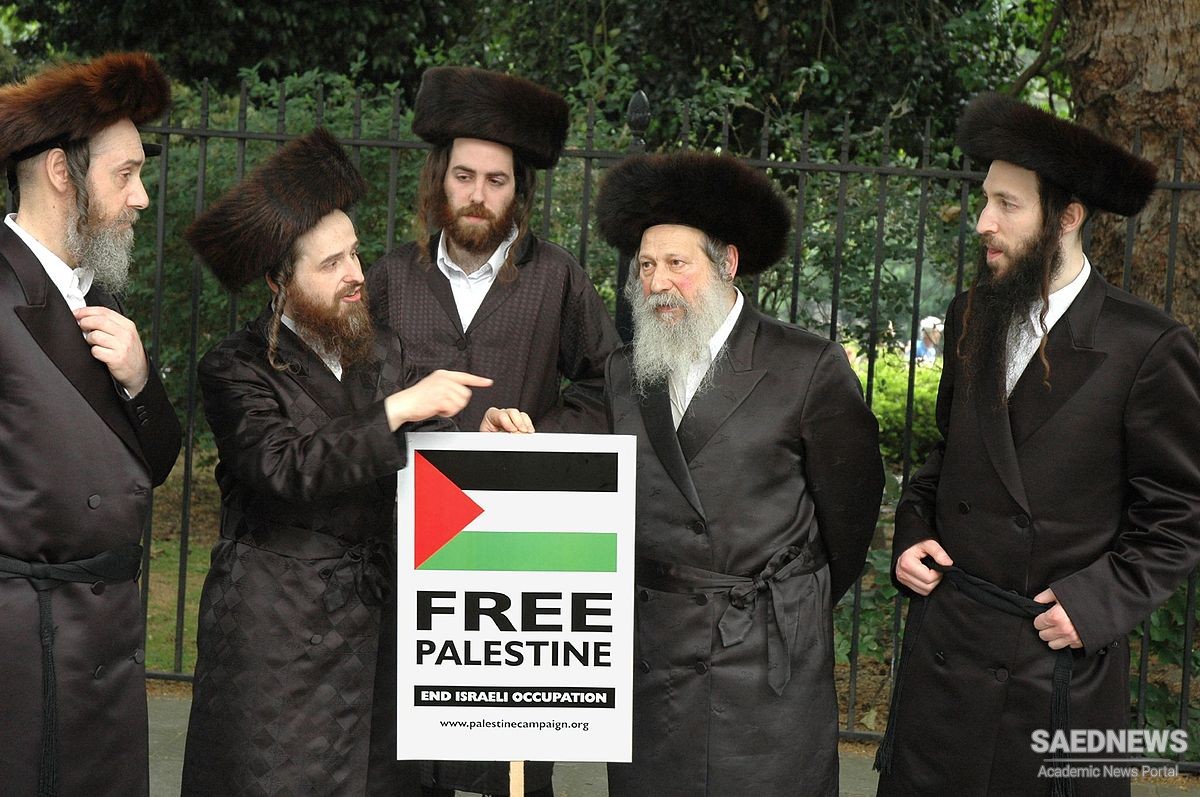They are, after all, first and foremost Palestinians. Western and other foreign Jews, on the other hand, who had migrated to Palestine from all parts of the world, should return to their countries of origin. In fact this view was commonly shared by Palestinians and Arabs for a long time after the establishment of the state of Israel in 1948, before it gradually faded away. This view has long since been realized to be unrealistic, and has almost completely dropped out of Hamas’s discourse. But Hamas has formulated no new answer to fill in the void.
The dilemma that Hamas – and the Palestinian intelligentsia at large – have faced concerning this issue is that generations of young Jews with western and worldwide ancestry have been born on historically Palestinian soil as the years of this conflict have dragged on. Of course this is an issue that is part and parcel of the larger ‘demographic dimension’ to the conflict, which worries both the Palestinians and the Israelis.
Population projections suggest that in the very near future there will be roughly equal numbers of Jews and Palestinians living in the historic land of Palestine. The spectre of demography, and in particular who will overrule whom in the not so distant future, concerns both parties. Israeli solutions have revolved around annexing the maximum amount of Palestinian land with the minimum Palestinian population on it, to preserve the Jewishness of the state in the long run. Palestinian solutions have been to fight to stay on their lands (in the West Bank and the Gaza Strip), defying direct and indirect Israeli measures to force as many of them as possible to leave, and upholding the right to return for refugees whom the Israelis have managed to expel.
Hamas has attempted to break away from the limited thinking that can only imagine Palestinians and Israelis squeezed into ‘Palestine/Israel’. A reluctant idea that appears now and then in Hamas’s discourse is that Palestine in the future should be part of a wider union of Arab and Muslim territories. In this case, even if the Jews were the majority within the confines of whatever part of historic Palestine they might ultimately claim, they would lose any numerical superority when the remaining territory of Palestine was merged with other Arab territories. The overwhelming Arab majority in the neighbouring countries, who would mix with the population in Palestine, would serve to neutralize the effects of any Jewish majority in Palestine.
A rather less far-fetched view that is, again reluctantly, talked about by Hamas is the one-state solution, based on equality and citizenship, but only if the (more or less 6 million) Palestinian refugees were given the right to return to their cities and villages in Israel. Israel takes no notice of this idea, saying that it would implicitly carry with it the death of the state of Israel by eroding once and for all its Jewish nature and majority. Hamas, it seems, will have to grapple for a while longer with the question of the future of the Jews in Palestine.


 Nationalist Elements and Religious Elements in Hamas’s Thinking and Practice
Nationalist Elements and Religious Elements in Hamas’s Thinking and Practice














































